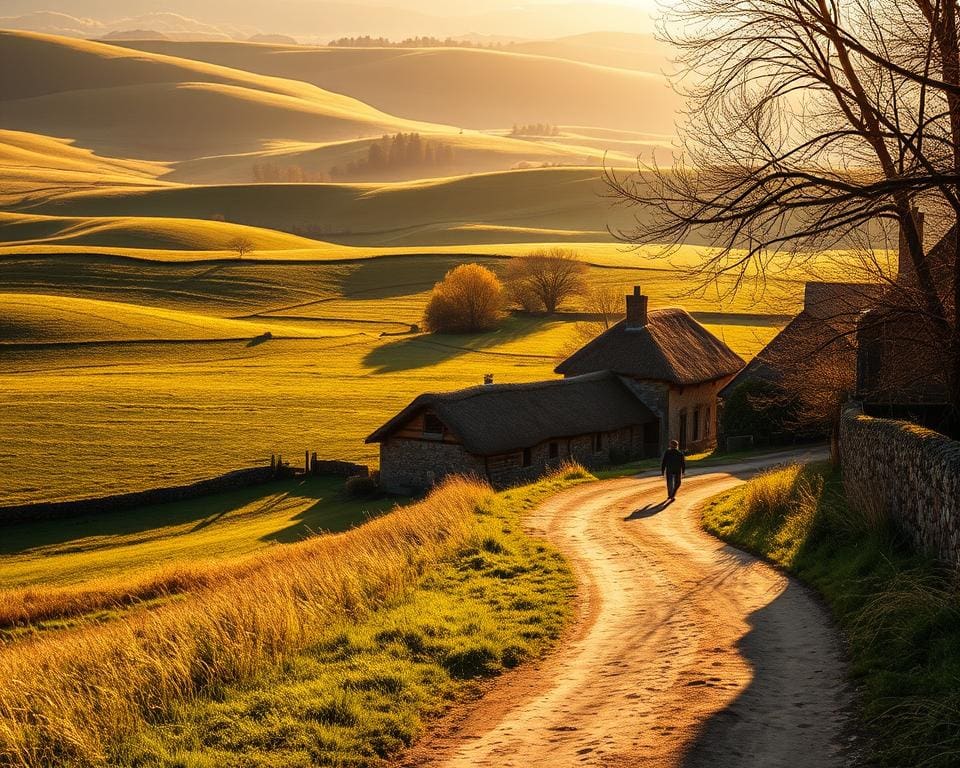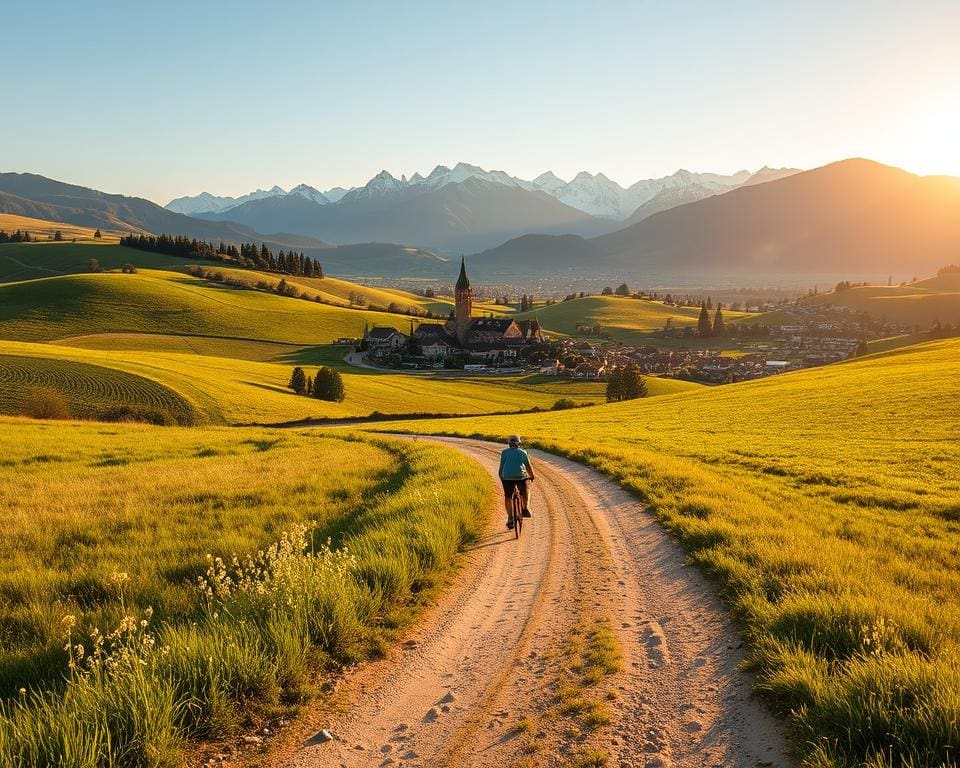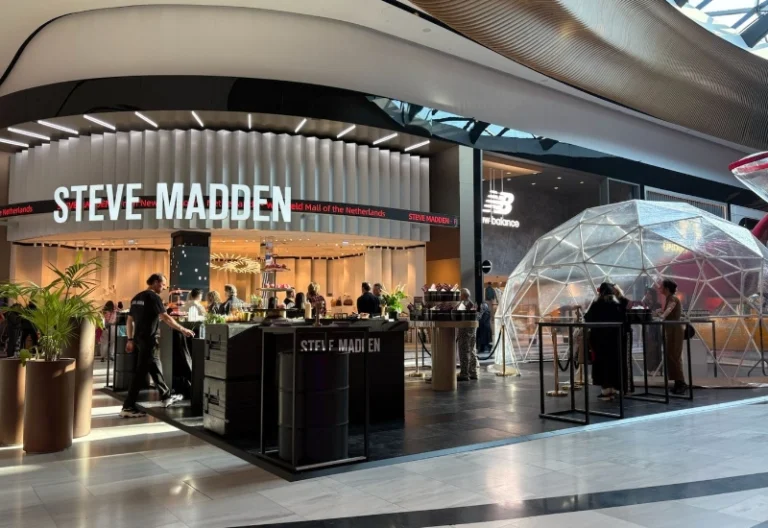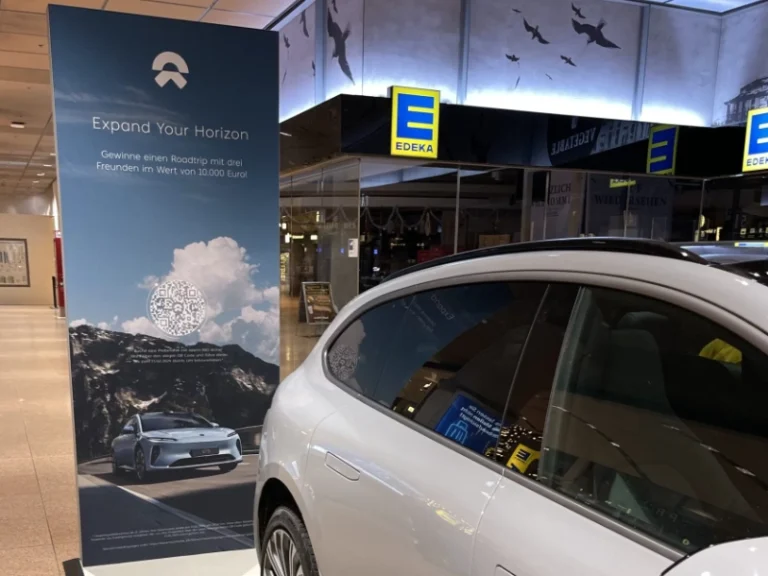In recent years, the concept of slow travel has garnered significant attention, with increasing numbers of individuals seeking to escape the hustle and bustle of modern life. Travellers are moving away from the notion of hurried itineraries, choosing instead to immerse themselves in destinations, cultures, and communities for more meaningful experiences. This shift reflects a broader trend in travel behaviour, where the popularity of slow travel resonates with those desiring a deeper connection with their surroundings. Research from various travel organisations highlights how this sustainable approach not only reduces the carbon footprint but also fosters genuine relationships and authentic encounters. The essence of travel is evolving, favouring quality over quantity, as more individuals embark on journeys that enrich their lives rather than merely checking off destination lists.
The Essence of Slow Travel
The definition of slow travel centres on a mindful approach to exploring destinations. This style encourages travellers to take their time, immersing themselves in the environment instead of racing from one tourist hotspot to another. The essence of slow travel lies in valuing the journey just as much as the destination, offering unique and enriching travel experiences.
What is Slow Travel?
Slow travel involves a more deliberate pace, promoting longer stays in fewer locations. This approach allows individuals to connect deeply with local cultures and traditions. Travellers can engage more meaningfully with their surroundings, fostering a richer understanding of the places they visit.
The Philosophy Behind Slow Travel
At its core, slow travel advocates for a shift in mindset. Influential authors and thinkers have championed this philosophy, encouraging exploration that prioritises personal connections and genuine interactions. This emphasis on quality over quantity not only enhances the travel experience but also lessens the environmental footprint associated with tourism.

Environmental Awareness and Sustainability
The growing trend towards sustainable travel highlights a commitment to minimising our impact on the planet. As travellers become more aware of the effects of their journey on the environment, the focus shifts to practices that support both the planet and local communities.
Reducing Carbon Footprint
One of the most significant advantages of adopting a slow travel approach is the opportunity to reduce one’s carbon footprint. By choosing to walk, cycle, or use public transport rather than flying or driving long distances, individuals can play a vital role in lessening their environmental impact. Each small decision contributes to a larger movement aimed at combating climate change, making every trip not just an adventure, but a responsible choice.
Supporting Local Ecosystems
Slow travel encourages a deeper connection with nature while promoting the health of local ecosystems. By engaging in eco-friendly activities like visiting national parks or participating in conservation efforts, travellers can directly support the environments they enjoy. Supporting local businesses that prioritise sustainability further enhances this relationship, ensuring that both the ecology and economy thrive in harmony.
Personal Connection and Cultural Immersion
Engaging deeply with a destination transcends typical tourism, cultivating personal connections and enriching cultural immersion. By prioritising local relationships, travellers unlock the heartfelt experiences and insights that authentic cultures offer. The practice of community engagement transforms a simple visit into a meaningful journey.
Building Relationships with Locals
Inviting the warmth of personal interactions enhances the travel experience. By forging bonds with locals, visitors gain perspectives that tourist attractions often overlook. These connections lead to insights about daily life, traditions, and even local dishes that create lasting memories.
Experiencing Authentic Cultures
Immersing oneself in a culture uniquely defines slow travel. Rather than merely observing, travellers actively participate in local customs and events. This engagement holds a mirror to the community’s spirit, allowing for a richer understanding of their way of life.
Engaging with Traditional Crafts and Practices
Participating in traditional crafts provides a tangible link to the cultural heritage of a region. Engaging with local artisans opens doors to practices that have been passed down through generations. These experiences offer not just skills, but stories and meanings that shape the community’s identity.
Health and Well-Being Benefits
Engaging in slow travel offers remarkable health benefits of travel that cater to both physical and mental well-being. A slower pace allows travellers to immerse themselves in their surroundings, promoting a state of relaxation that is often hard to achieve in daily life. This approach fosters a sense of peace that significantly contributes to stress reduction and the enhancement of overall mental health.
Reducing Stress and Anxiety
Slow travel encourages individuals to disconnect from the fast-paced world, promoting an environment where stress can dissipate. By allowing oneself to truly experience each destination, the feeling of urgency often associated with travel fades away. The tranquil surroundings coupled with mindful exploration create the perfect antidote to anxiety, making every journey enriching.
Enhancing Mental Well-Being
The act of travel, when approached with a slow mindset, can lead to significant improvements in mental health. Engaging with local cultures and customs fosters a deeper connection and understanding of one’s environment. This immersion cultivates a sense of fulfilment, contributing to long-lasting happiness. As travellers savour each moment, they may experience an uplifting shift in their emotional state, leaving them rejuvenated and mentally clear.
Why Slow Travel is Gaining Popularity?
The world is witnessing an unprecedented shift in how people perceive work and leisure, with slow travel emerging as a preferred choice for many. This movement aligns closely with the rise of digital nomadism, where individuals embrace a travel lifestyle while maintaining their professional obligations. Companies facilitating remote work have paved the way for an integration of exploration with productivity, allowing remote workers to immerse themselves in local cultures while managing their careers.
The Rise of Digital Nomadism
Digital nomadism fosters a unique blend of work and travel, enabling people to select their environments based on personal preference rather than geographical constraints. The traditional office is being replaced by cafes in bustling cities or serene beaches, reflecting a shift in priorities. This evolution in lifestyle does not merely cater to escapism; rather, it encourages deeper connections with diverse locales.
Changing Consumer Preferences
A growing number of travellers now prioritise experiences over material acquisitions. As consumer preferences shift towards embracing a more meaningful existence, the desire for a slower travel pace is increasingly evident. This desire leads individuals to engage in longer stays, allowing them to absorb the essence of a destination. Such connections transform mere visits into enriched experiences, creating lasting memories and insights into the fabric of the places explored.
The Influence of Social Media
Social media plays a crucial role in shaping perceptions around travel, particularly the growing trend of slow travel. Platforms like Instagram and TikTok have transformed how travellers share their experiences, allowing for a deeper connection with their audience. Users are encouraged to document their journeys through slow travel stories, highlighting nuance over mere aesthetics.
Sharing Slow Travel Experiences
Many travel influencers utilise social media to narrate their adventures in a storytelling format. This shift emphasises the importance of personal experiences, allowing them to connect with followers on a more emotional level. By focusing on local culture, food, and community projects, they inspire others to explore travel that prioritises depth over speed.
Visually Inspiring Destinations
Stunning visuals are a vital component of social media travel. Influencers often spotlight hidden gems and off-the-beaten-path locations that resonate with slow travel principles. These carefully curated posts not only capture the beauty of these destinations but also encourage sustainable practices, ultimately fostering a community committed to exploring the world more mindfully.
Future Trends in Slow Travel
The future of travel is increasingly leaning towards slow travel trends that advocate for sustainable, ethical journeys. As travellers become more conscious of their impact on the environment, there is a noticeable shift towards experiences that promote not just exploration, but also responsibility. This marks a crucial evolution in the travel industry, where the emphasis is placed on creating meaningful connections with local communities and environments.
Experts suggest that upcoming years will see a rise in community-led tourism initiatives, fostering relationships that benefit both visitors and residents. These pioneering projects prioritise local interests while enhancing cultural integrity, paving the way for a more engaging and gratifying travel experience. Innovations such as eco-friendly accommodations and platforms that highlight local craftsmanship are redefining how we view enjoyment in travel, encouraging a more reflective approach.
It is clear that the landscape of travel is transforming, driven by a collective desire for more sustainable travel choices. Reports from travel futurists underline the pressing need for authentic experiences that resonate with the values of today’s conscious traveller. Embracing slow travel not only enriches individual journeys but also contributes to a global movement towards more thoughtful and immersive ways of exploring our world.









